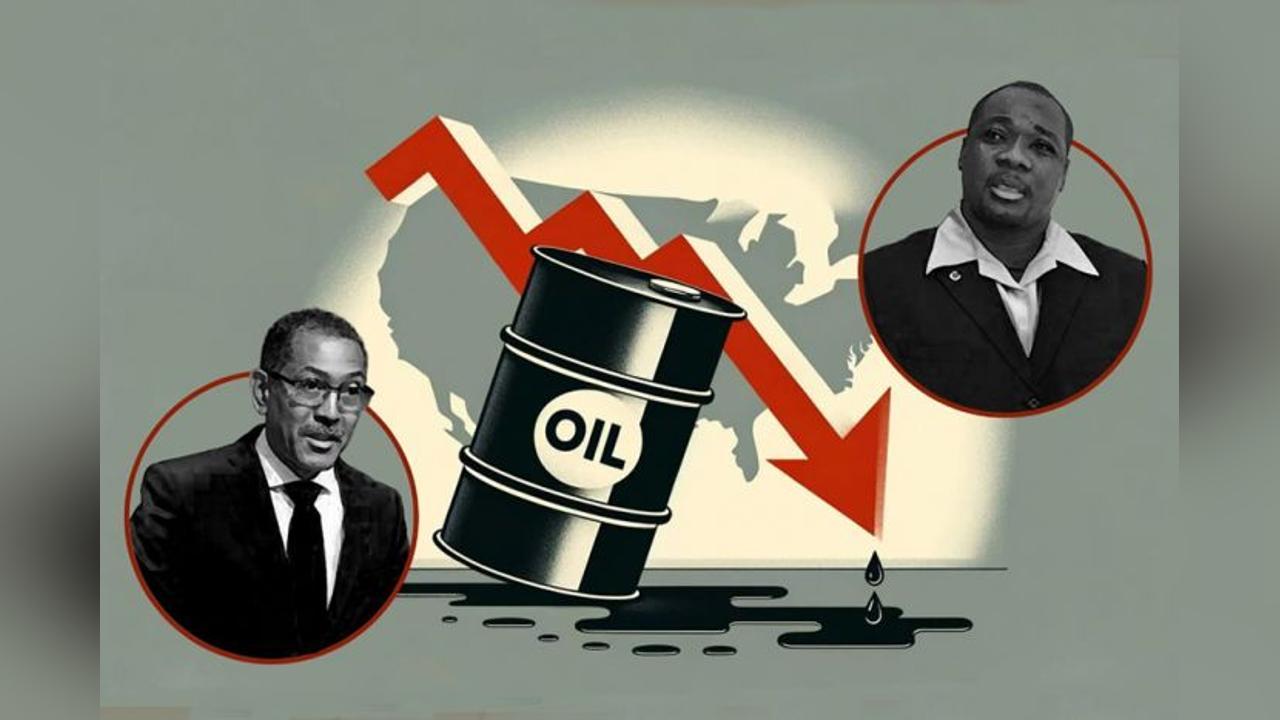By João Matamba
Africa-Press – Angola. Angola’s decision to leave the Organization of the Petroleum Exporting Countries (OPEC) continues to generate heated debate, not only in civil society but also within the power structures themselves. Against a backdrop of political ambitions, economic instability, and external pressure, it is becoming increasingly clear that this exit was more a political than an economic maneuver—and is revealing serious internal conflicts within the Angolan government.
The first strong signal came from UNITA representative Rafael Massanga Savimbi, who described Angola’s exit from OPEC as “baseless” and without real benefits for the people: “The decision brought no tangible advantage to the country. It was a solitary step, taken without considering the nation’s real interests.” Savimbi argues that, in the absence of visible benefits for the population, one would expect the Executive to present a transparent public report, which has not happened to date.
In response, the Minister of Mineral Resources, Oil and Gas, Diamantino Azevedo, linked to the MPLA, stated that Angola’s experience in OPEC “was not good,” criticizing the organization’s functioning and classifying it as “influenced by the interests of international cartels: Our experience in OPEC was not the best… We did not see any advantages in remaining in an organization where decisions do not favor everyone equally.”
The minister’s swift and harsh reaction only highlighted the Executive’s lack of openness to plural dialogue on the issue, suggesting that the MPLA intends to avoid any structured public debate on the real reasons for the departure. The way the criticism was dismissed reveals a political fear of internal opposition.
The disparity between the UNITA and MPLA discourses reveals a clear disagreement within the country’s political elites. While the opposition demands transparency and accountability, the government appears to opt for an authoritarian and unilateral approach. In this context, several analysts are beginning to point to possible external influence, especially from the United States (under the Democratic administration), which is interested in reorganizing the global oil market and promoting strategic projects like the Lobito Corridor, with less dependence on OPEC.
Amid the controversy, market facts speak for themselves. According to recent data, the price of a barrel of Brent crude oil fell to USD 67.19, which contradicts the minister’s argument that OPEC was ineffective in stabilizing prices and guaranteeing revenue. If prices continue to fall even after Angola’s exit from the organization, then it is difficult to argue that the decision brought economic benefits. On the contrary, it seems to confirm that the opposition was right, and that the country lost an important mechanism for price protection and international negotiation. All the elements analyzed indicate that Angola’s exit from OPEC was, above all, a political decision based on strategic interests and international alignments, rather than the real needs of the national economy.
The average citizen felt no benefit: neither in fuel prices, nor in increased public revenues, nor in increased investment. The winners were the political decision-makers, whose choices appear to serve external interests, especially those of Western allies with growing influence over Angola.
If Angola wants to strengthen its sovereignty and economic credibility, it needs to rethink how strategic decisions are made in an inclusive, transparent manner, and based on concrete economic data, rather than political expediency. The lack of internal debate weakens democracy, undermines public trust, and isolates the country from true mechanisms of international cooperation.
angola24
For More News And Analysis About Angola Follow Africa-Press






